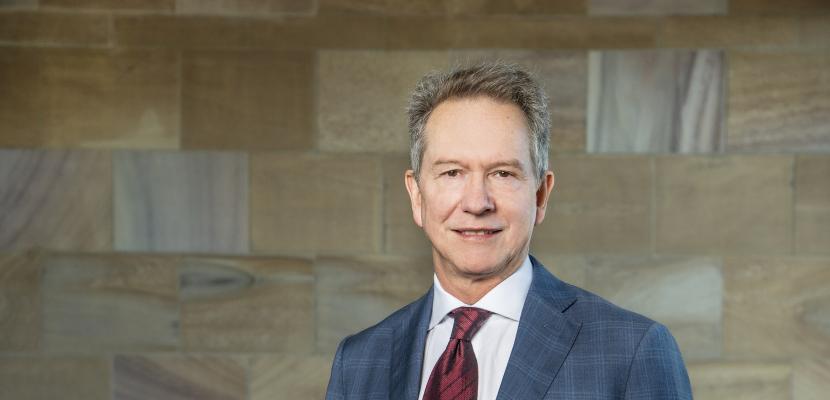
A Bond University researcher has received more than $1 million to determine if wearable devices can help type 2 diabetes patients better manage their condition.
The $1,093,405 from the federal government’s Medical Research Future Fund has been awarded to a multidisciplinary team led by Professor Nick Zwar, Executive Dean of the Faculty of Health Sciences & Medicine.
Study participants will wear devices similar to a Fitbit or Garmin that monitor physical activity, blood sugar levels and blood pressure.
The data will be fed into an app linked to the patients’ medical records, allowing them and their medical care teams to track their progress.
“We're trying to encourage behaviour change, particularly around exercise and dietary behaviours,” Professor Zwar, pictured, said.
“The idea is that if patients get feedback from the wearables and coaching from their GP practice, they may make changes in the way they eat and exercise.
“Imagine if you had a glucose monitor and ate a high fat meal. You would instantly see on your phone that your blood glucose had gone up.
“A nurse or GP can also check whether you're doing your 10,000 steps a day and whether you’re in a healthy range for blood pressure.”
Diabetes killed about 5100 Australians in 2020 and was a contributing factor in a further 12,300 deaths from other diseases such as cancer, coronary heart disease and stroke.
Professor Zwar said the study would also attempt to measure the potential cost savings of using wearable devices to manage type 2 diabetes.
The Australian health system spent about $3 billion treating diabetes patients in 2018-19, according to the Australian Institute of Health and Welfare.
“If you can prevent people having a heart attack or stroke, or prevent kidney disease or blindness due to diabetes, the health benefits and the cost savings are enormous,” Professor Zwar he said.
The four-year study will begin next year and involve 375 patients and 30 general practices in Queensland and NSW.
Funding for the study comes as Bond University showcases its research expertise at its annual Research Week.